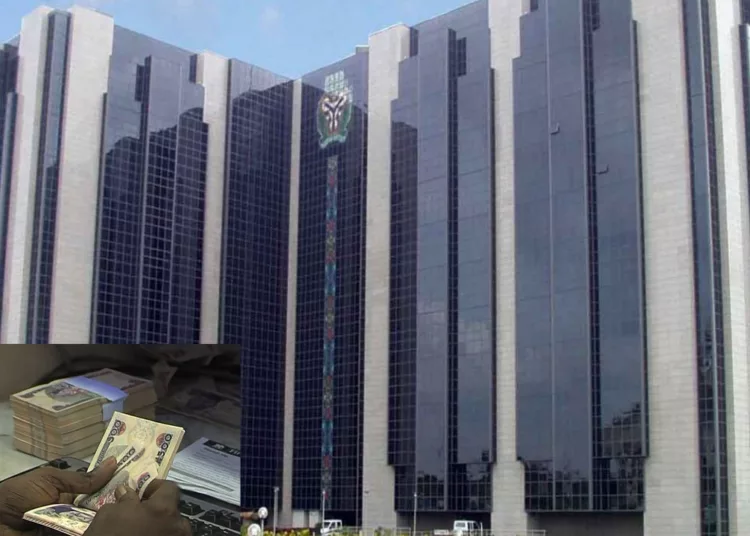The deputy governor, Financial System Stability of the Central Bank of Nigeria (CBN) Philip Ikeazor, has raised concerns over the rise in the level of non-performing loans in the Nigerian banking industry.
Personal statements of the Monetary Policy Committee Members, just released, show that NPL in the industry haws risen by 0.3 per cent to 4.5 per cent, a situation Ikeazor said gives backing to the recapitalisation move by the apex bank.
Ikeazor, in his statement at the last MPC meeting held in March, raised the concern as he noted that the banking sector has remained resilient with most financial soundness indicators were within their regulatory thresholds.
“Despite this, the moderate increase in NPLs and the slight decline in CAR reinforces the importance of recapitalizing the banking system. The imbalance between the exposure of the oil and manufacturing sectors and their poor contribution to growth is worrisome, even as non-performing loans (NPLs) continues to rise.
“Considering their vulnerability to rate hikes, consecutive aggressive tightening will further depress the economy. The pressure point is already manifesting as indicated in the projected contraction of PMI in the industrial sector by 7.1 index points occasioned by rising input cost and low-capacity utilisation,” he pointed out.
Another member of the Monetary Policy Committee(MPC), former director general of the Securities and Exchange Commission (SEC), Lamido Abubakar Yuguda, noted the rise in NPL although he said it is still within the prudential threshold of five per cent.
To him, “the banking sector has remained safe and sound with the key indicators within the prudential benchmarks. The CAR was above the 10 per cent mark in February. Non-performing loans (NPLs) ratio at 4.5 percent was up marginally by 0.3 percentage point compared to January 2024 but remained below the prudential benchmark of 5.0 per cent.
“The Industry Liquidity Ratio (LR) was 42.7 percent, exceeding the minimum regulatory requirement of 30.0 per cent and was higher than the 42.1 per cent recorded in the previous month.”
In his comments, the CBN deputy governor, Corporate Services, Bala Moh’d Bello whilst noting that, as at February this year, financial soundness indicators in the industry remained strong, said there is need for adequate funding of critical sectors of the economy to preserve the positive output performance and mitigate the aggregate supply-demand imbalances.
Bello who expressed concern on the continued decline in economic activities said, “it is concerning to note that the Composite Purchasing Managers’ Index (PMI) declined sharply to 39.2 index points in February 2024 from 48.5 index points in the previous month.
“Economic activity has been contracting for eight consecutive months, mainly due to exchange rate pressures, rising input prices, security challenges, and other idiosyncratic headwinds. This calls for well-nuanced policy decisions targeted at price stability to forestall stifling economic activities and derailing output performance.
“Of greater concern is the rising inflationary trend despite sustained hikes in the monetary policy rate with forecasts of further price increases in the near term. Both food and core inflation rose in February 2024, underpinning acceleration in headline inflation to 31.70 per cent in February 2024 from 29.90 per cent in the previous month. This continued rise in inflation was mainly due to persisting high production costs, lingering security challenges and exchange rate pressures.
“Inflation is currently unacceptably high and requires decisive and coordinated efforts to curb it, given its adverse impact on citizens’ purchasing power, investment decisions and broad output performance. The Federal Government’s initiatives at addressing food insecurity, such as the release of grains from the strategic reserves, distribution of seeds and fertilisers, and support for dry season farming, are important and commendable.”
We’ve got the edge. Get real-time reports, breaking scoops, and exclusive angles delivered straight to your phone. Don’t settle for stale news. Join LEADERSHIP NEWS on WhatsApp for 24/7 updates →
Join Our WhatsApp Channel










